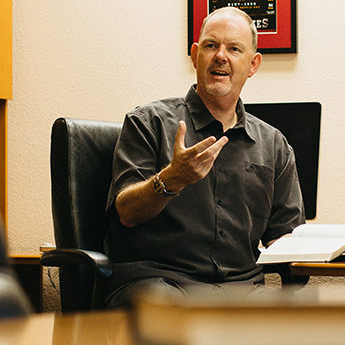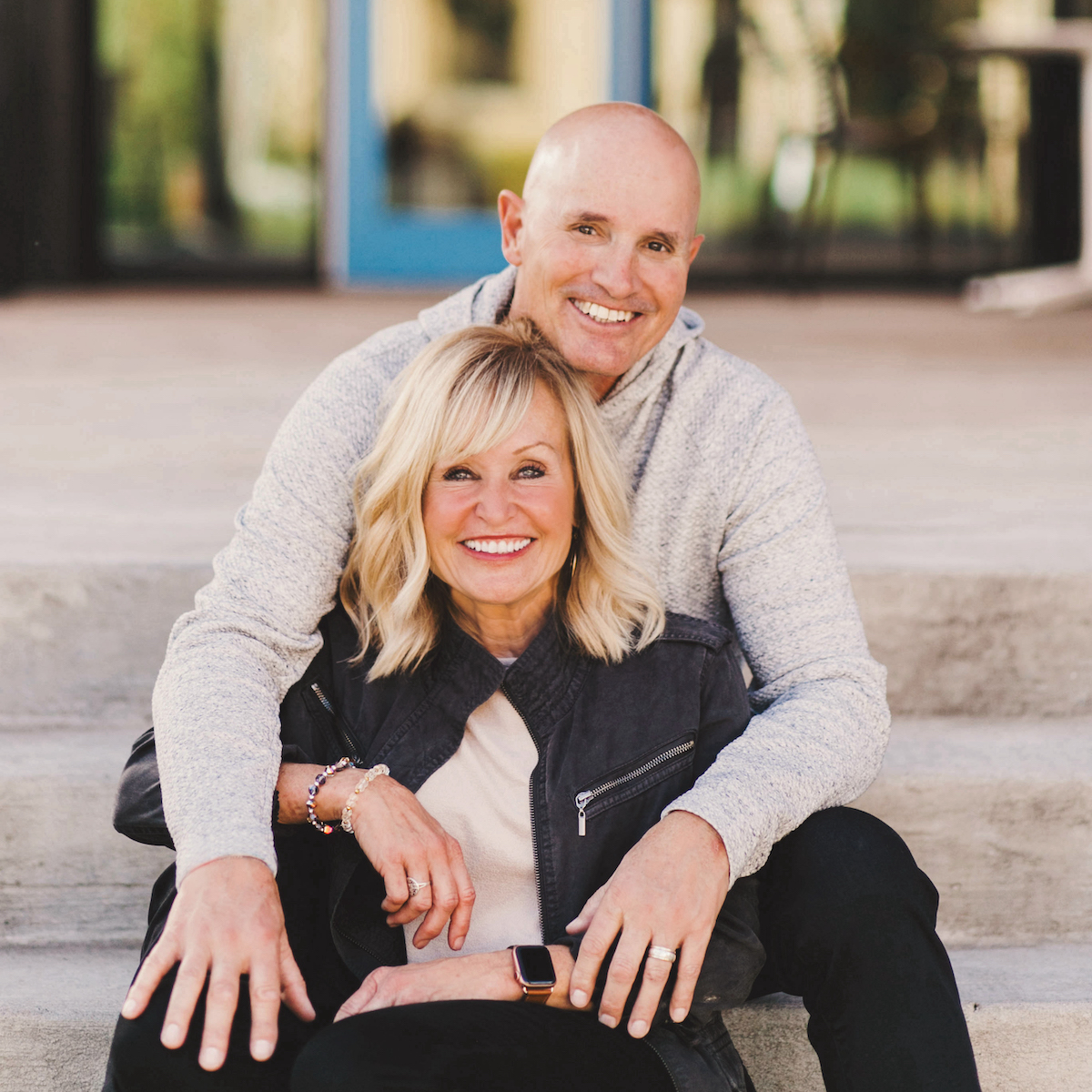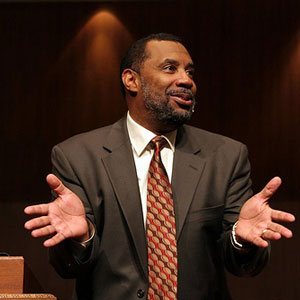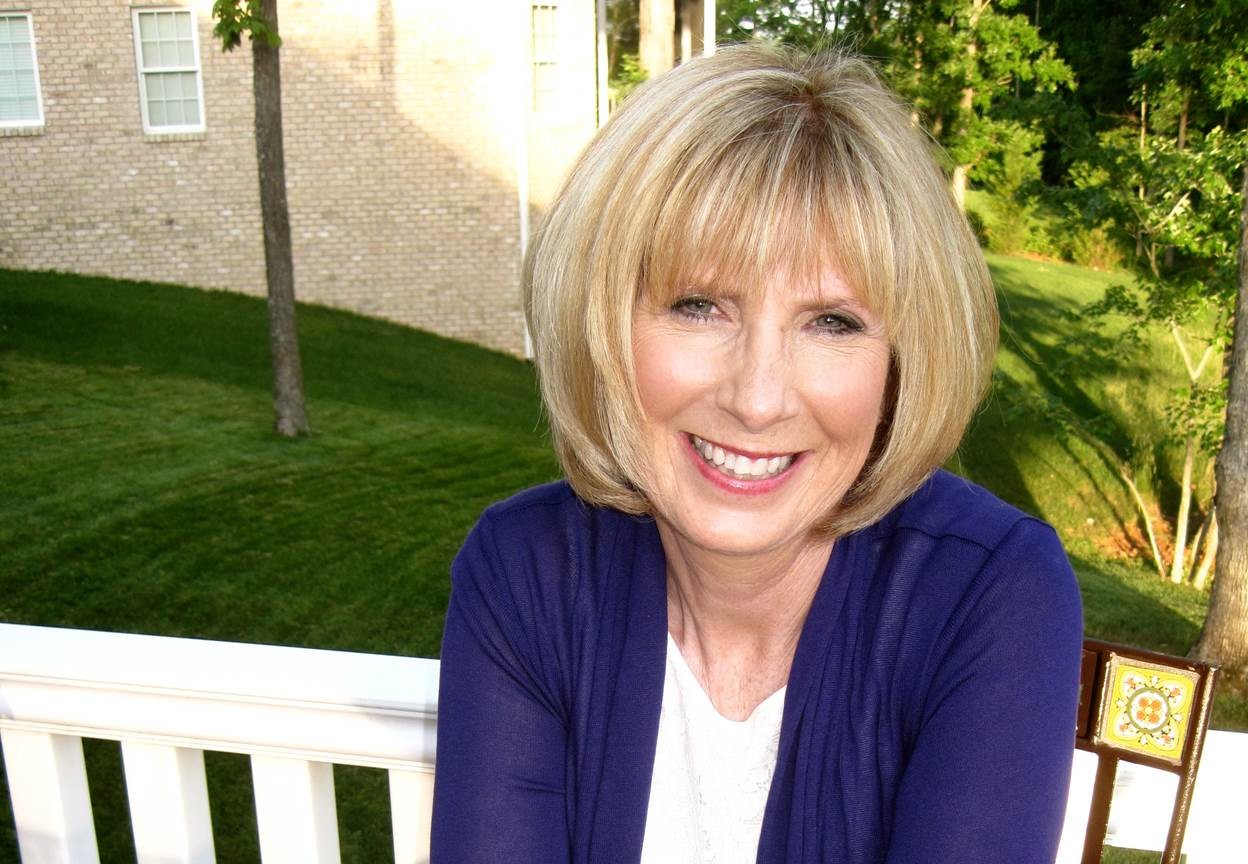My nephew’s fiancé goes to China every year for Chinese New Year to see her family. This year, the coronavirus broke out during her visit. Consequently, she is quarantined in her home town, unable to return to the States at this time. For her, the consequences of the virus are very real and she is in the epicenter of the original outbreak. Please pray for her and her family. Things seem to be improving so we are thankful.
For most of us in the States, the exposure to the virus is predicted to increase. This is why the emphasis right now is on containment. To contain the spread, we plan and take precautions. However, we need not panic. Government and organizations are making important decisions, information is being shared, and everyone is trying to do their own part.
One reason there is so much anxiety with this particular virus is because it is an unknown. When it comes to staying calm in the middle of unknown and unpredictable events, good information is helpful. At the very least, you can get updates on the facts. This does help. The Center for Disease (CDC) website is a good source of information.
It is also good to limit your exposure to media who seem to be covering this virus 24/7. When you listen to reports of what could happen, this does nothing but make us more anxious. That is called worry. Worry is all of the “what ifs” and worry is the mental part of anxiety. In order to let go of worry, we need to be concerned but not focus on the “what ifs.” This “what if” thinking leads to anxiety.
Yes, we should take precautions–wash our hands, cough into our sleeve, avoid close contact with sick people if possible, use bleach wipes, etc., but not become obsessed or ruminate about these things. Living in fear will do more damage to your physical and mental health. Worry and anxiety trigger a cascade of physical responses in the body. When we are anxious, our heart races, blood pressure rises, palms sweat and pupils dilate. So instead of worrying, be concerned and exercise caution, but don’t allow worry to overtake you.
Furthermore, when you feel fear and anxiety, look at your thoughts. Make sure you are not doing what is called, “catastrophizing.” This type of thinking involves thinking in extremes with a doom and gloom mentality. Catastrophizing worsens anxiety and makes pain and other conditions worse. Instead, take your thoughts captive. Yes, you could get the virus, but right now your chances are low. And if you get the virus, you will mostly likely be sick but not die from it. These are important thoughts to keep in mind to counter hysteria. Stay positive and hopeful.
Finally, in calming any fear, we look to our faith. God is with us, a present help in times of trouble (Psalm 46:1). He tells us to cast our cares on Him (1 Peter 5:7). His yoke is easy and His burden is light (Matthew 11:30). These are not empty words. God invites us to give our fears and anxiety to Him. He has all things under His control. Nothing happens away from His watchful eye. Your life and care are in His hands. And He invites you to pray for protection and keep your mind stayed on him (Isaiah 26:3). In all things, we are to look to the Lord versus our circumstances and the promise that He will keep us in perfect peace not anxiety.













